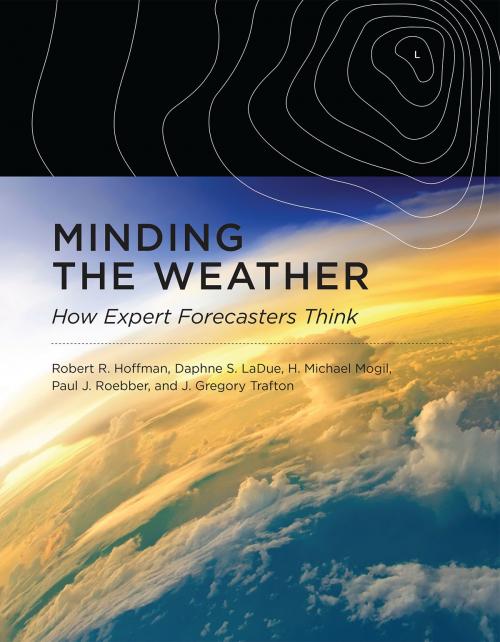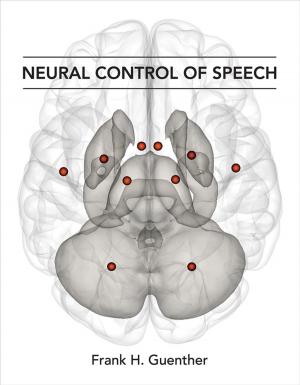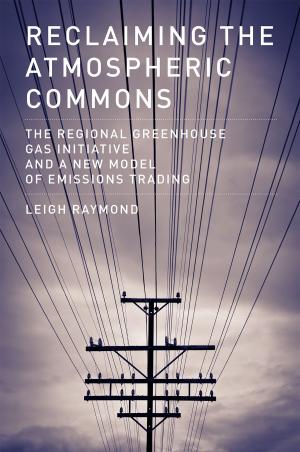Minding the Weather
How Expert Forecasters Think
Nonfiction, Science & Nature, Science, Other Sciences, Meteorology, Health & Well Being, Psychology| Author: | Robert R. Hoffman, Daphne S. LaDue, H. Michael Mogil, Paul J. Roebber, J. Gregory Trafton | ISBN: | 9780262339414 |
| Publisher: | The MIT Press | Publication: | August 4, 2017 |
| Imprint: | The MIT Press | Language: | English |
| Author: | Robert R. Hoffman, Daphne S. LaDue, H. Michael Mogil, Paul J. Roebber, J. Gregory Trafton |
| ISBN: | 9780262339414 |
| Publisher: | The MIT Press |
| Publication: | August 4, 2017 |
| Imprint: | The MIT Press |
| Language: | English |
A detailed study of research on the psychology of expertise in weather forecasting, drawing on findings in cognitive science, meteorology, and computer science.
This book argues that the human cognition system is the least understood, yet probably most important, component of forecasting accuracy. Minding the Weather investigates how people acquire massive and highly organized knowledge and develop the reasoning skills and strategies that enable them to achieve the highest levels of performance.
The authors consider such topics as the forecasting workplace; atmospheric scientists' descriptions of their reasoning strategies; the nature of expertise; forecaster knowledge, perceptual skills, and reasoning; and expert systems designed to imitate forecaster reasoning. Drawing on research in cognitive science, meteorology, and computer science, the authors argue that forecasting involves an interdependence of humans and technologies. Human expertise will always be necessary.
A detailed study of research on the psychology of expertise in weather forecasting, drawing on findings in cognitive science, meteorology, and computer science.
This book argues that the human cognition system is the least understood, yet probably most important, component of forecasting accuracy. Minding the Weather investigates how people acquire massive and highly organized knowledge and develop the reasoning skills and strategies that enable them to achieve the highest levels of performance.
The authors consider such topics as the forecasting workplace; atmospheric scientists' descriptions of their reasoning strategies; the nature of expertise; forecaster knowledge, perceptual skills, and reasoning; and expert systems designed to imitate forecaster reasoning. Drawing on research in cognitive science, meteorology, and computer science, the authors argue that forecasting involves an interdependence of humans and technologies. Human expertise will always be necessary.















